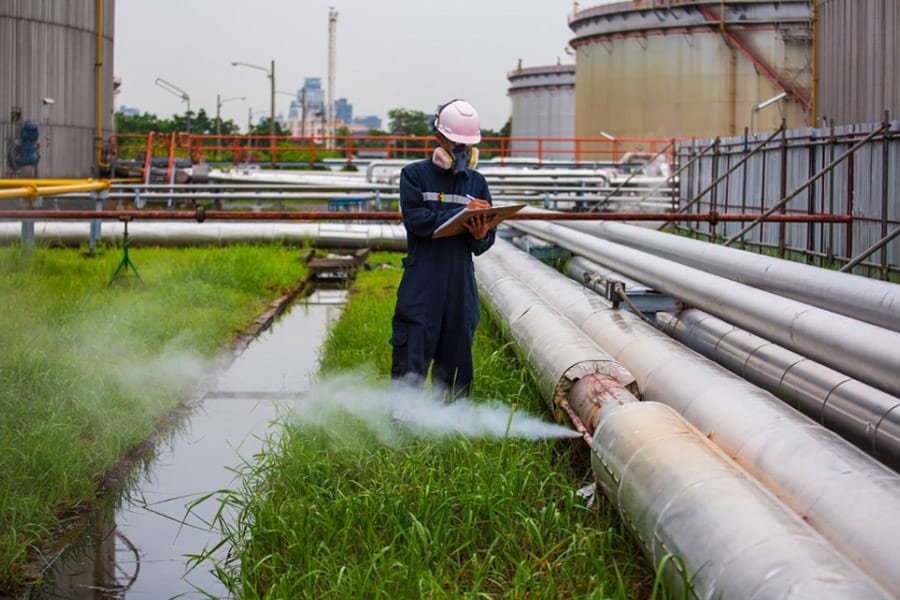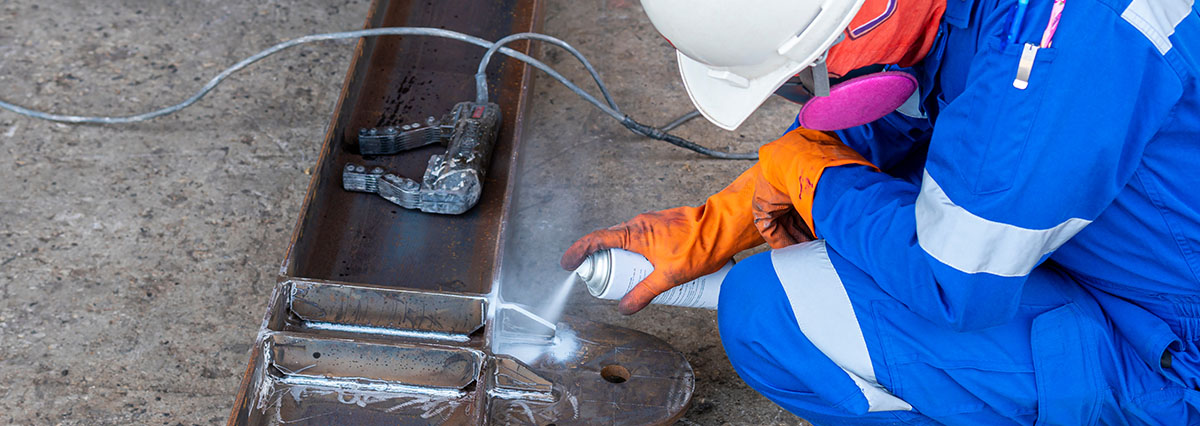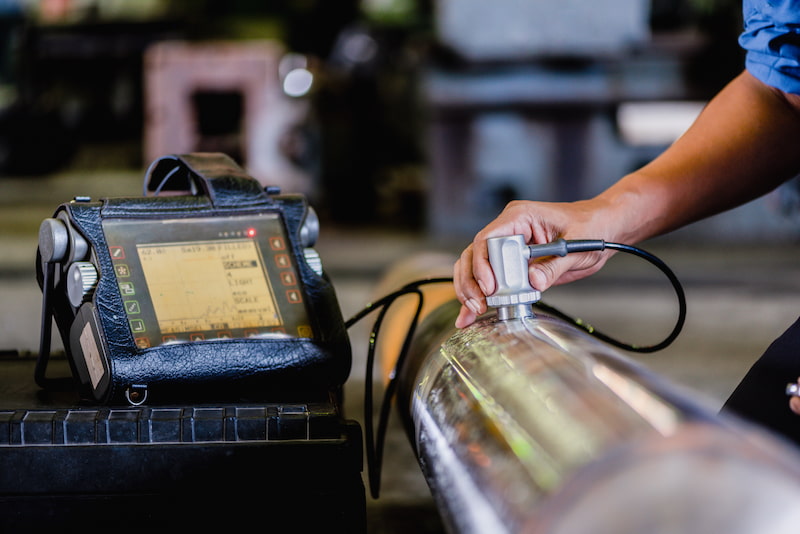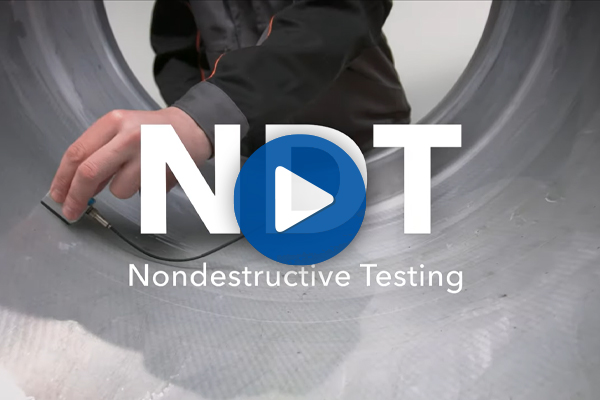í½ÛrÛȲ(ølG¨fÏjKÛ wÉRoYÝî¶dµ$·ûâN(°@ @I´#ÖÛ|Ày9q&Î~8/g~aæiï?Y_00U
R¤$Ûro©ÛY¬ª¬¬¬¬¬Ì¬Gß Æ#wûþ#üCê ¶*ÌS=®`£Ööý{F,¦ÄÒ0bñVåÕÉS¥[IÓ=:b[3~Wé{1ó ܹcÅÃ-9&Sø*q¡oøqô
ýÀñ,vQ%¶ïºþyè
âè)AÈàKÃç7M|?s,æ§í4w??Ë)ÐÈñ½ÜpZ5µÖ«l?rïÌݪP7f¡GcV!ÃÙ[aÑF½AÇ«Q§ÞRhÕs)N+ïlì³pì “;dvxÌløª¼·º $fÁbÞ±Úc4O)çCCç{Å¢8±sÆ>;Þ Ðóx[0¥ß( 9:øë±3rÞ3;ñÄCF~óiã½$pÇÇ#gz£Ö$ Iú3Á5ÓÕÏýÐLGQ] ¯~( vv«³¸nFQ
åP«;甧¥nRsÈêFÈØ{¦¼lǤ1ÌBé}˲õÞ¥V»a6ººÕéõl«ÕQÛ¬Ñ4ÔüVnOë6L¶ínÇÔ4Íìu,Ón·4³ËÚ-Õj[f«Ó1ÕÖF«A5Ý6´Ñlµ 65Ö0:ZöhÓêõº¶Ý¡z³gèn«¥ÕøÈøFñÄeѱ1þ(vbm R[ä§ °ø&LÜlâÈ8²vðädý{((ò¨.×#̸:A¤á”-8g ôMfC+£À÷ .dyfZP52>Z>ô×óáŵ´1âÅ°½Ð1Æ Ä>¨ÍâIؽ=h¦Ë½!z®§8~,'[°áúÈlrX`^øÛââ¹ÅV´XÿÉÞÜØÍaXøé²ùÅqÖrå¯Es[¹½t0Û×qèæúøiÙZH®¥E(³¸ ×ukõæ+몮*ª®èíµ·¡¶6´öCUÝPÕÅðF¾¬j8 !hú@ltñ}o!Þrìr¸>µ¢:6SW;õ@k8®¥¼ ¨Þ`qs|;Ï5ª©zó*Cæyù Õé^RejEñÄúT绣ãxè¹²ûô¶-ס9ñ`¶FÛ¬ð VÆ£ ‘}.?ô%nçÕu©Á-Wûu1&ó+Y4¦ÚUzÊ[Ós5÷ÖGÀ¡,`§ÔÂõ+iQËùúm&.NYEp ¹#Ó pÔµ¾8qimUøþ2¬sªB+Û*ÿÊ_Äy*ÕÊ¿@Q>³É#!Ó±òõ®²æ¿¥)4’://íÊÆùXM( rî±13oÇ0ôGL¿ßJÔÔ£õf«¥7-gëzW£-Ѧɮ®·»¦*¶R8lØf~øç?þë»t ¦&, ÍçZ¢ì¾dOIÑRT¨ãíÁ0ãÉKûÊÍá%Ç]ì9izO¯V^ÒHj :ê9ï9 #D±o¦ß¡|BÀàñpÛ¸)&MöcfòalüQÙûõðÅË£½£Ê0$ïÈïc>.ylûXÍ×kfðY¹åPÆsƶ¹~®’ï,½ÆSr8gnþ8YròãäÝ(áÎÅWIsYäEÑ/,V+îf¼©éÉAüXº4ð|º;ÉrÎëÔÉ0µ(~ĸܯ·Úþüøg!7Þ7©Ìéâê|¶qEòunè
D»,n¹VÝ Ú£ Ír&¤ µ¾/0ÚÇéÔ¿p¢ø°£’«öËF7Åå`úsÈçí1S1ä}Îe¬²0´Ràz)_A”)%ìSÇ¢{«0ò
ûQ:´§éÆQäCϽ(+ÎìÀ÷-1FFô’&ì%z”42kË!À1£¡9aY¶ÂÉ¡ïx±ÿ .j).éÅ÷ÑÖïÃ8F}ØwcNÇÆ
åyìêÙ1à(UAËgxÄÞù>L3 ¶§Ûª|üx¹Äò2«êêèíåhÄõ~~ð×c3Ò>¯ãëUøaWêÔó ¯ÇË¡%ü¯§«ÿÓÔ®g«K 6Ñð1?íü4ôPÕù’¶lfÞeçμ ÂM Ågp2¹Â|¬ª¥ëN²&³tËÖ»Le:ëÒ®SÍlÃr³¶F£ïÂÄp ¤D0F ¼åÅÑEy¼E.¦»-ïê3·5~+pÎ
ǬR”¢#²PhñÈw!}7ö7ÉSi^ÙõW,+·¸ëF°ÿÖ9}gD¶ÈA#á7õ7õ¨vú7È¢7 ôÑÙàjð “÷@øßýqhò hãÕðD¼Aåx¦;¶°·Oàc äÛèû3nµkícó~ý_¾WT¶ãò+*:}eÀqeØ¿Ôïc=¾®9Uoýà _ªl3I’æ[ÿ [)Ïaox bJ´Áª¨Hb: 6Ö Source










